Category: Other Livestock
-
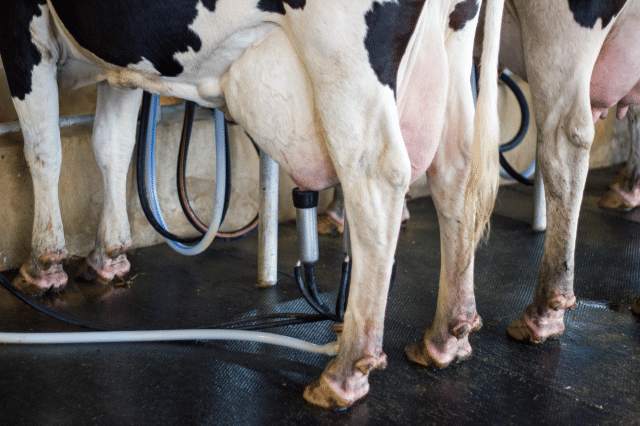
How Milking Equipment Function Can Affect Milk Quality & Production
Milking equipment function can have a profound negative impact on teat end health and overall milk quality. On the flip side, if we properly maintain equipment function, we can positively impact the bottom line, udder and teat health, bulk tank somatic cell count and ultimately milk quality. It is important to remember that the goal […]
-
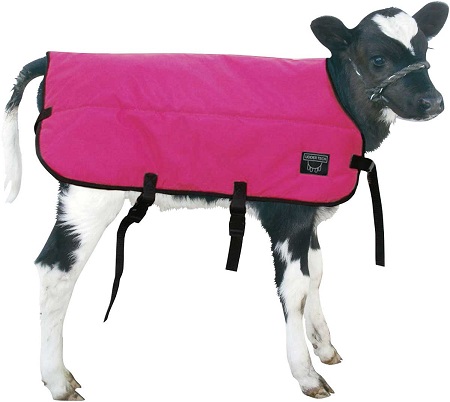
How Blankets Can Help Young Dairy Calves
Raising calves during colder weather presents several challenges that require increased attention to your calf care program. The primary reason that we discuss cold weather implications for calves, but not for older dairy animals, is that they are uniquely different. Because of their smaller body size, there is a greater surface area to body mass […]
-
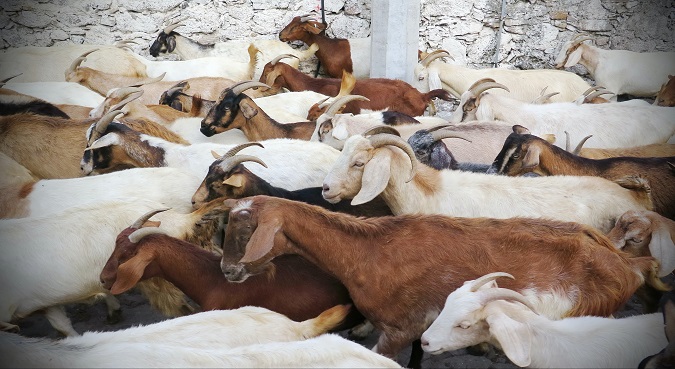
How to Identify the Symptoms and Treatments for Scours in Goats
It’s not uncommon for goats to suffer from scours, or diarrhea. In kids, scours can soon prove fatal if not treated promptly. How to treat goat scours depends on the cause, which includes parasite infestation or various bacterial infections. Call your veterinarian at the first indication of scours in your goats. Diarrhea in Goats In […]
-
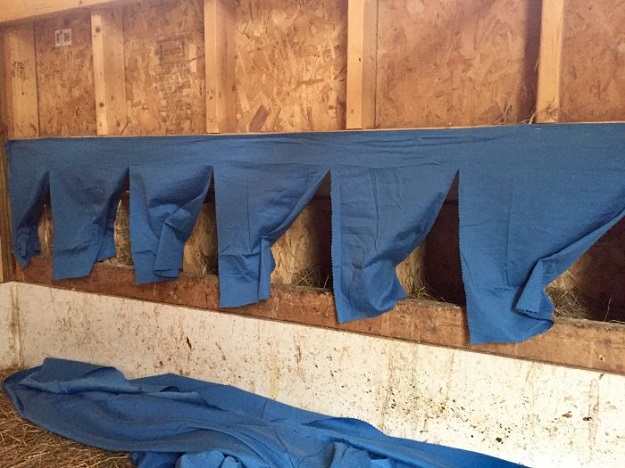
The Important Functions of Chicken Nesting Box Curtains
Nesting box curtains have been around for a very long time, in the past many farmers would hang burlap or feed bags over the front of their hens’ boxes. The curtains can serve several important functions in your coop. They provide a more private, secluded spot for your chickens to lay their eggs. Chickens naturally […]
-

Understanding the Unique Energy Needs of the Donkey
Studies indicate that the donkey’s resting metabolism is 20% lower than that of a horse. Furthermore, it has been suggested that the energy requirements of donkeys are in the order of 75% of those for horses. In terms of digestible energy (DE) requirements for donkeys fed a hay/straw mixed diet, donkeys required considerably less DE […]
-

The 4 Signs of Healthy Chickens
Healthy chickens will act differently than unhealthy ones. You should be noticing these 4 things if your flock is healthy. They Are Communicating Chickens talk to each other during the day and some chickens talk a lot! When you spend time with your chickens you will start to recognize certain sounds that are made repeatedly. […]
-
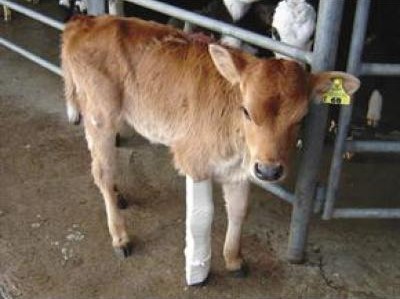
How To Splint a Calf’s Broken Leg
The other morning, I was out checking on my cows and calves when I noticed one of my calves was limping. I took a closer look and found that it was badly swollen on the back right leg. I don’t know if the calf was just playing and broke it or a cow stepped on […]